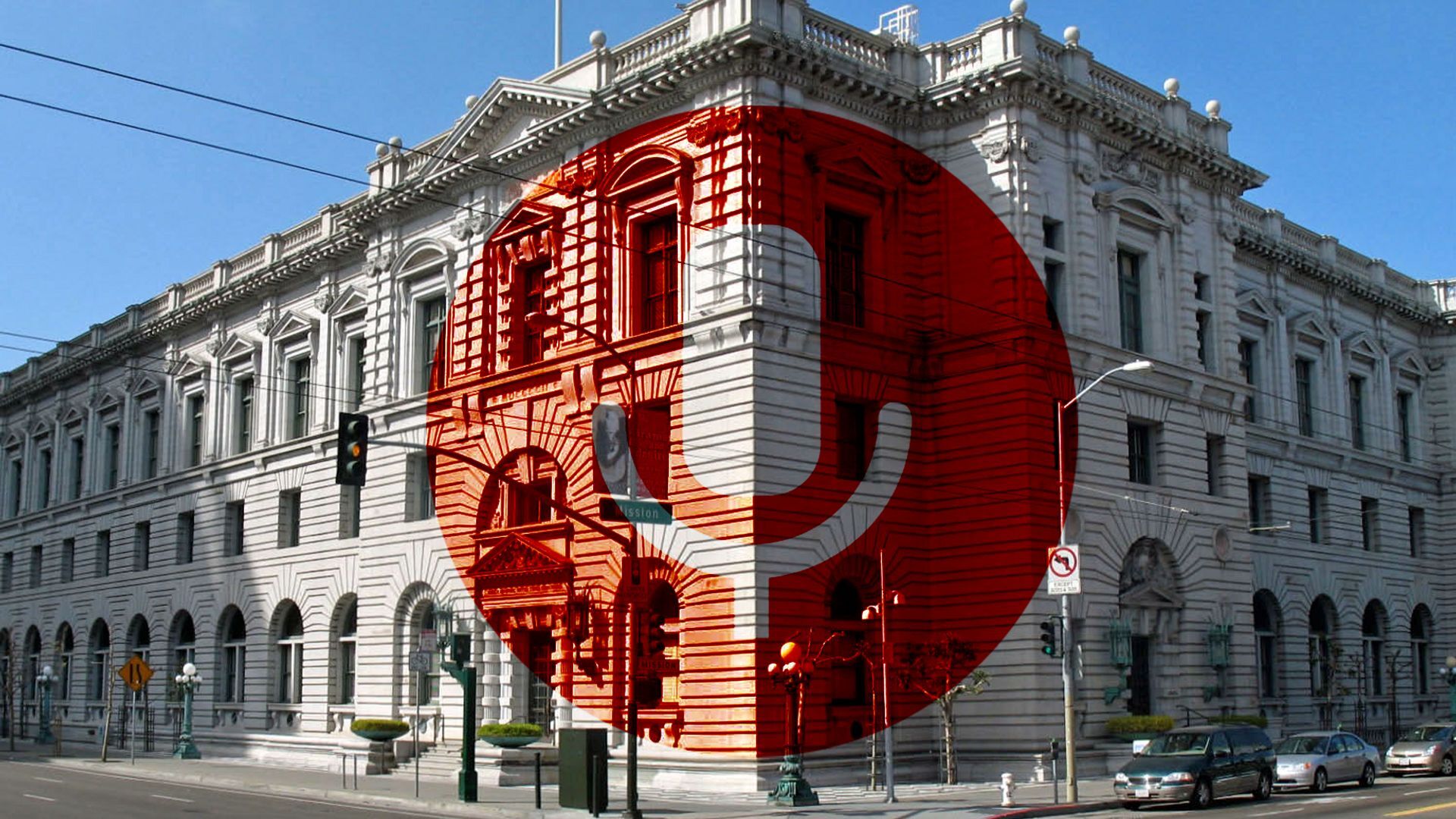
KARAH RUCKER: A federal appeals court upheld Oregon’s law blocking most secret recordings of conversations.
The ruling blocked a challenge by conservative media group Project Veritas, known for releasing undercover recordings featuring members of media and liberal organizations.
The Ninth Circuit Court of Appeals ruled 9-2 that Oregon’s law did not violate Project Veritas’ First Amendment rights, overruling a 2023 decision by a smaller panel of judges from the same court.
Democratic presidents appointed eight of the nine judges voting in favor of upholding the law. Republican presidents appointed both dissenting judges, as well as the majority of judges ruling in the 2023 decision.
The court sided with Oregon, pointing out its law did not discriminate based on content and focused more generally on protecting the right to privacy.
The majority referenced investigative reporting done in the past without video cameras or tape recordings, where reporters and activists shared what they found after going undercover.
“Powerful exposés authored by people like Nellie Bly, Gloria Steinem, and John Howard Griffin clearly demonstrate what our court has long recognized: ‘hidden mechanical contrivances’ are not ‘indispensable tools’ of newsgathering,”Circuit Judge Morgan Christen wrote in the majority’s opinion.
Oregon’s recording ban includes exceptions for people recording felony crimes endangering human life and recording law enforcement officers doing official duties.
Project Veritas attorney Benjamin Barr told Reuters that courts should protect secret recordings “… just as robustly as it has long shielded traditional practices, like safeguarding the venerable reporter’s notepad.”
Barr said Project Veritas will appeal the case to the Supreme Court.
For Straight Arrow News, I’m Karah Rucker.
And for all the latest updates on this and other top stories, download the Straight Arrow News app or visit SAN.com.









